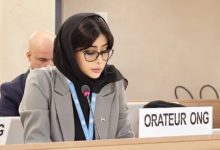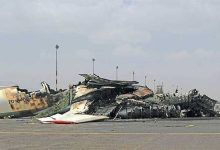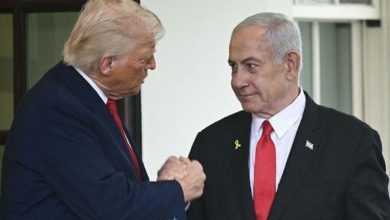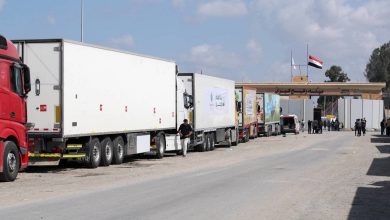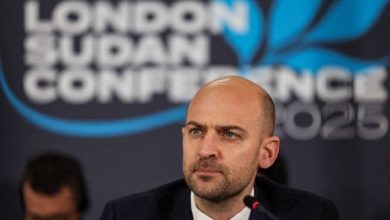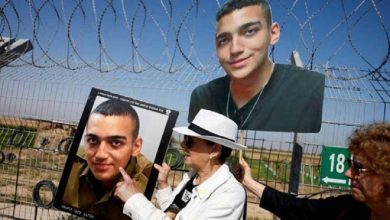Under the Veil of Counter-Terrorism: UAE’s Repression of Dissenters

Watan-A report released by the “Mana” Organization for Human Rights has shown that the UAE tops the list of repressive countries in the Middle East by using terrorism laws to stifle opposition.
The organization’s report revealed a prominent pattern in documenting human rights violations in the region, which is the regimes’ resort to using terrorism laws to suppress opposition, with the UAE leading the list of 6 countries.
The human rights organization recorded 45 cases of human rights violations under the guise of counter-terrorism in 6 countries in its annual report, noting that the UAE accounted for the largest share, documenting 20 cases.
The report addressed the “UAE 84” case, which includes 84 defendants targeted for their activism and opposition.
According to the organization, these political opponents and opinion activists were previously arrested in the UAE in 2013 during an unfair mass political trial known as the UAE 94, in retaliation for their demands for democratic reforms.
The organization’s annual report revealed the UAE’s exploitation of the 2014 Anti-Terrorism Law to prosecute political opponents and human rights defenders in the second-largest political mass trial in the country, which began on December 7, 2023, and is still ongoing.
Misuse of counter-terrorism legislation
Recently, the United Nations Special Rapporteur on Counter-Terrorism and Human Rights, Mr. Ben Saul, revealed widespread misuse of counter-terrorism legislation in Middle Eastern countries, notably the UAE.
Saul pointed this out based on a global study conducted by the United Nations in June concerning the impact of counter-terrorism measures on civil society, focusing on the mass trial of opinion activists in the UAE.
During a legal seminar in Geneva discussing the impact of counter-terrorism laws in the UAE on civil society, Saul stated that the study found that human rights violations against civil society in the Middle East are directly linked to counter-terrorism practices.
He added in the seminar organized by the “Supporters of UAE Detainees” center and the “Mana” Human Rights Group that the studies identified many flaws in counter-terrorism laws in the Middle East, notably broad and vague definitions of terrorism that allow for the suppression of civil society and human rights defenders.
Saul explained that the UAE labels dissent as terrorism to continue detaining opinion prisoners after the expiration of their sentences under the pretext of rehabilitating them without any legal or judicial guarantees.
He noted a growing pattern of classifying individuals and groups as terrorists, subjecting them to travel bans, asset freezes, and other restrictions.

According to Saul, the broad definition of terrorism has allowed some Middle Eastern countries to classify individuals as terrorists due to a message on WhatsApp or their membership in social media groups.
He emphasized that the judicial system in the Middle East often lacks sufficient independence from the executive authority, leading to numerous violations such as fabricated charges, torture, coerced confessions, and others.
Saul referred to the “UAE 84” trial, describing it as a disturbing example of the misuse of counter-terrorism measures against civil society, with a horrifying impact on civil society activists.
He mentioned that UN experts sent a letter to UAE authorities, requesting clarification on the new mass trial, expressing concern that the judicial procedures were fraught with many flaws such as secret detention of defendants and coercion to sign confessions of “committing terrorist acts,” and that the trial was conducted in a non-transparent manner behind closed doors without media presence.
Saul stated that UN experts criticized the UAE’s 2014 Anti-Terrorism Law, under which defendants are prosecuted, for lacking legal certainty and containing broad language that restricts freedom of expression, urging UAE authorities to review it in line with international human rights standards.
Saul revealed that the letter gave UAE authorities a 60-day deadline to respond to their inquiries, but the latter requested an additional month.

